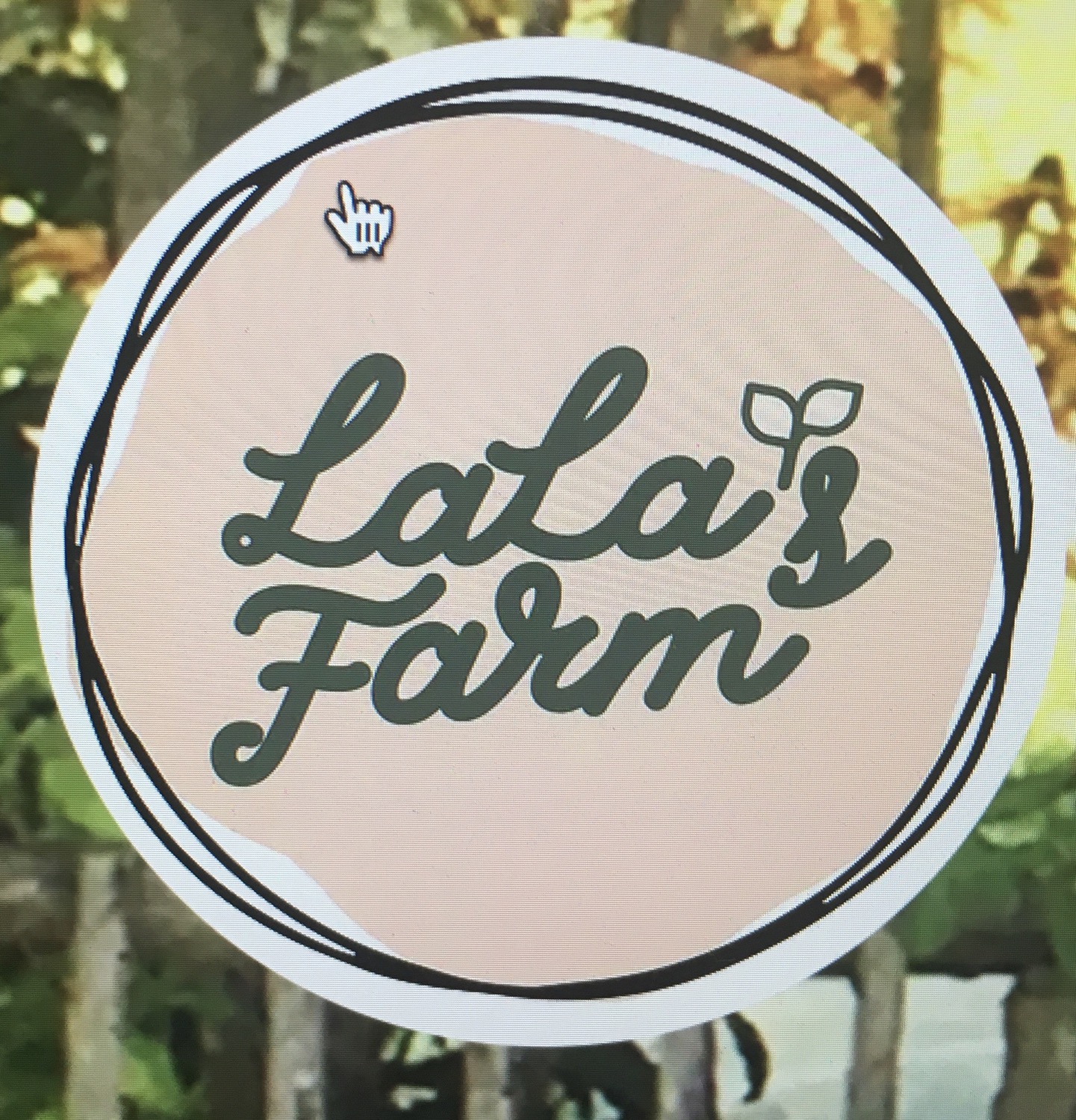How to Properly Harvest Worm Castings from Your Compost Bin
- LaLa

- Jan 12, 2024
- 3 min read
Updated: Feb 1, 2024

Vermicompost, or worm poop, is a process of collecting the nutrient-rich material produced by worms known as worm castings as they break down organic matter. Worm castings are an excellent natural fertilizer and soil conditioner. Here’s an essential guide on how to harvest worm castings:
Steps for Harvesting Worm Castings:
1. Prepare the Worm Bin:
• Stop adding fresh food scraps to one side of the worm bin a few weeks before harvesting. This encourages the worms to migrate to the side with the remaining food.
2. Create a Feeding Zone:
• Add fresh food scraps only to one side of the bin. This will entice the worms to move to that side for feeding.
3. Wait for Migration:
• Given some time (a week or two), most worms with fresh food should migrate to the side.
4. Collect Castings:
• Once the worms have migrated, you can scoop out the top layer of castings from the side without food and set it aside.
5. Sunlight Method (Optional):
• Leave the harvested castings in the sunlight for a short period. Worms are sensitive to light and will burrow to escape it, making separating them from the castings easier.
6. Separate Worms:
• You can use a screen, mesh, or a specially designed tool to sift through the collected castings. The worms will fall through the mesh, and the castings will be retained.
7. Repeat the Process:
• If you have a multi-tray worm bin, you can repeat the process for each tray.
8. Return Worms to the bin:
• After harvesting the castings, return the worms to the side with fresh food. They will continue the composting process.
• Store the harvested worm castings in a breathable container. They can be used immediately or stored for future use.
Lala's Farm Amazon Picks https://amzn.to/3tQGf5W
Tips:
• Harvest Regularly: Depending on your worm bin setup and the amount of waste you add, you may need to harvest every few months.
• Balance: Maintain a balance between green (nitrogen-rich) and brown (carbon-rich) materials in the bin to keep the composting process efficient.
• Moisture: Worms need a moist environment. If the bin becomes too dry, add water. Add more dry bedding materials like shredded newspaper if it's too wet.
• Patience: Worms work at their own pace. Be patient and allow them enough time to process the organic matter.

By following these steps, you can efficiently harvest worm castings while ensuring the well-being of your worms for continued composting.
Using worm castings as a natural fertilizer offers numerous benefits for your garden and plants. Unlike synthetic fertilizers, worm castings are 100% natural and organic fertilizers that contain many essential nutrients that plants need to grow, including nitrogen, phosphorus, and potassium. In addition to these nutrients, worm castings contain beneficial microbes and enzymes that work together to improve soil structure, water retention, and nutrient availability.
When added to soil, worm castings help to improve soil structure by increasing soil porosity and water-holding capacity. The soil structure allows for better drainage and aeration, which helps prevent soil compaction and soil erosion. The beneficial microbes and enzymes found in worm castings also help to break down organic matter, making nutrients more available to the plants.
Furthermore, worm castings can stimulate plant growth by encouraging the development of healthy root systems. The beneficial microbes in worm castings help create a healthy soil environment, supporting root development and leading to more robust and healthier plants.
When applied as a top dressing or mixed into potting soil, worm castings can help to increase plant growth, yield, and overall health.
Lala's Farm Amazon Picks https://amzn.to/48OI7LE
In summary, using worm castings as a natural fertilizer offers our gardens and plants many benefits.
Lala's Farm Amazon PIcks
And plants. It provides essential nutrients, improves soil structure, and stimulates plant growth and development. Additionally, worm castings are an organic and sustainable source of fertilizer that is safe for the environment and promotes healthy soil and plant growth.
Lala's Farm Amazon Picks










